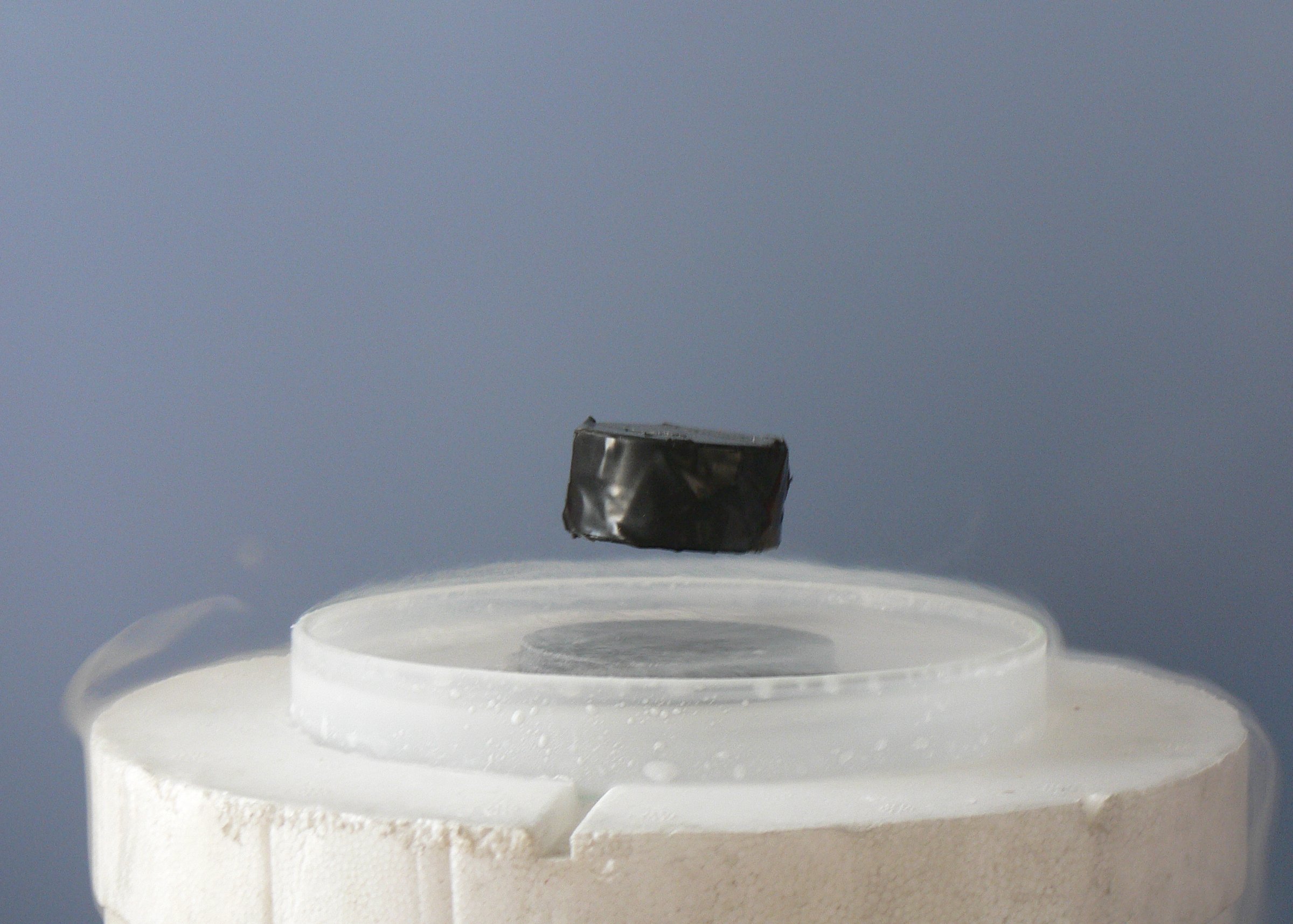
Photo from academic.microsoft.com
A fundamental extension for a recently introduced numerical scheme for the time-domain solution of Maxwell’s equations on tetrahedral meshes is introduced: the algorithm is here shown to be able to… Click to show full abstract
A fundamental extension for a recently introduced numerical scheme for the time-domain solution of Maxwell’s equations on tetrahedral meshes is introduced: the algorithm is here shown to be able to handle materials with finite electric resistivity, without losing any of its amenable properties. A theoretic stability analysis, valid for the extended algorithm, is presented for the first time, and a Courant–Friedrich–Lewy sufficient condition on the maximum time step allowed for the scheme to be stable is derived analytically. This result is completely novel for finite-difference time-domain (FDTD)-like approaches on tetrahedral grids. Finally, the accuracy of the extended algorithm is tested with respect to the well-known implicit finite-element method scheme on tetrahedral grids, to the canonical FDTD scheme on Cartesian orthogonal grids, and to a commercial code implementing FDTD with staircasing mitigation techniques.
Journal Title: IEEE Transactions on Antennas and Propagation
Year Published: 2018
Link to full text (if available)
Share on Social Media: Sign Up to like & get
recommendations!